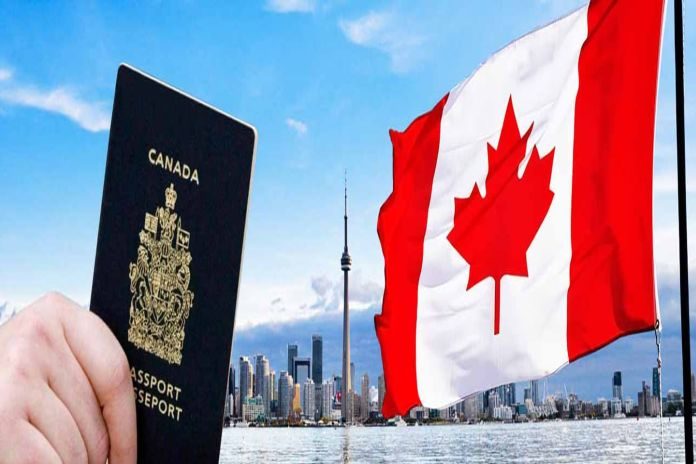TORONTO, Canada – The federal election campaign in Canada is underway. Voters will cast their ballot on October 21. And according to public opinion, and polling data, prime minister Justin Trudeau’s Liberal Party is facing a tough re-election battle against the main opposition Conservatives led by Andrew Scheer; meanwhile a popular question is how this might affect Canada’s immigration system.
Based on the immigration policies dating back to the late 1980s, it is safe to infer that major mechanisms of the system will remain stable should either party win the election.
One way of answering the question, however, is to evaluate the recent history to get a sense of what Canada’s immigration system could look like in the future.
Immigration levels
Due to the bipartisan consensus that states high levels of immigration are needed to alleviate the economic and fiscal strain of Canada’s economy, immigration intake is poised to remain above 300,000 per year regardless of the election result.
Newcomer composition
Basing on the previous Conservative government, 63 percent of immigrants arrived under the economic class, 27 percent under the family class and 10 percent as refugees. Comparing it to the Liberals, they placed a greater emphasis on the refugee class by 15 percent while reducing the economic class to 58 percent.
The Liberals are also aiming to maintain this composition for the next two years according to their immigration plan. The government has gradually increased the number of migrants and refugees accepted to the equivalent of one percent of the population annually.
The Conservatives would probably increase the economic class by 60 percent and reduce the refugee class share. The official Conservative campaign platform, for instance, states they will “safeguard and emphasize economic immigration” if they win the election.
The Peoples Party of Canada is expected to lower the total number of immigrants and refugees to less than 150,000 and repeal multiculturalism Act.
The New Democrats are expected to remove the cap on family reunification applications and suspend a safe third Country agreement with the United States.
Settlement funding
Over the past two years, Canada witness a massive increase in settlement funding. Most funds go towards services that help newcomers settle into Canada’s economy and diverse society. The settlement envelope now stands at $1.5 billion annually. Liberals began the policy of increasing settlement funding which the Conservatives continued during their nine years in power.
Both parties are expected to maintain high levels of immigration which suggests that settlement funding will likely stay unaffected.
Expect stability
Liberals and Conservatives have always had different substantive immigration matters such as citizenship policy and asylum claims. For the most part, however, both parties have far more in common on immigration. This leads people to believe that the system will continue the pattern of recent decades.
Montreal Management Consultants Est., (MMCE) is delighted to hear that there will be no major impact on the immigration system of Canada after the October elections.
Should there be any changes, however, Anthony Haiden is confident that his team will be able to adapt very quickly and provide timely and well-informed assistance to applicants.





